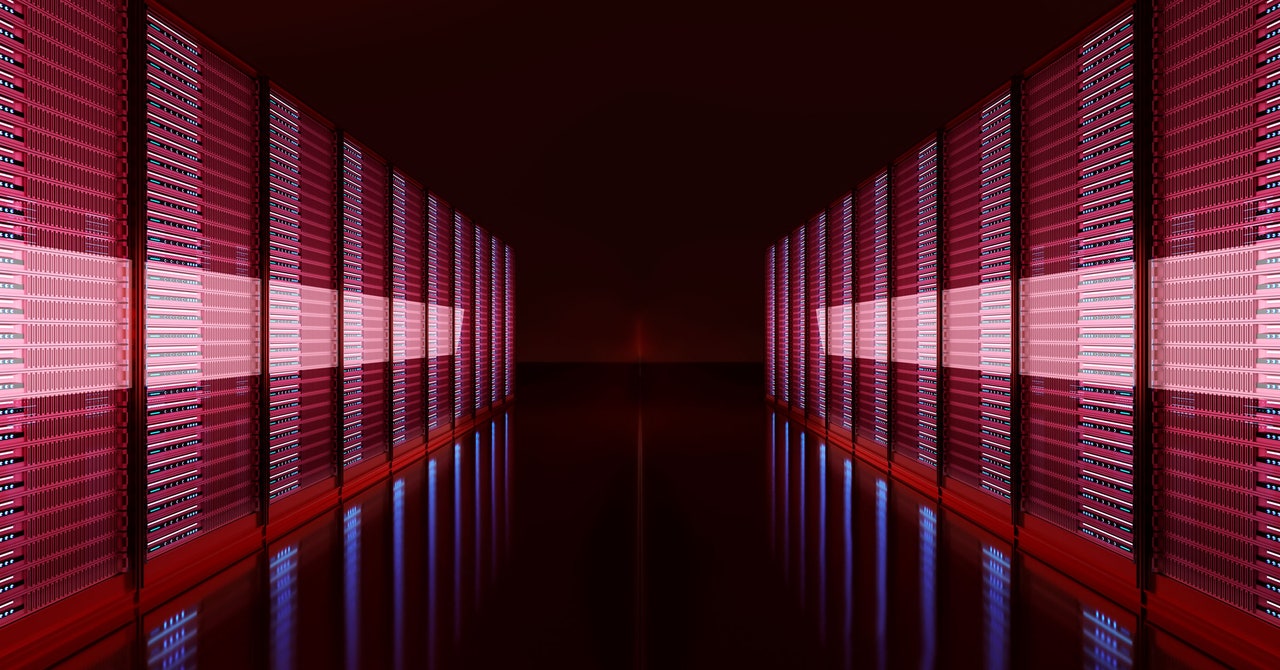
For all its faults—and there are many—the electrical grid in the United States is a miracle worker: If you flip a switch the lights come on, almost without fail. But as renewables like solar and wind replace fossil fuels, that miracle work gets a bit tougher because sunlight and wind aren’t always available. Navigating this intermittency, as it’s known among energy geeks, demands a fundamental rethink of how consumers use and even help store energy. One day electric vehicle drivers might, for instance, use their cars as a vast network of batteries that grid operators can tap into when renewables wane.
Another option might be to use information as batteries—of a sort. A pair of researchers has proposed that companies precompute certain data when the grid is humming with solar or wind power, and then stash it away for later use. Although the team dubbed the concept “information batteries,” don’t take “battery” to mean a physical device. This is digital, more of a timing strategy than a real battery, aimed at getting data-hungry companies like Google, Meta, Amazon, Apple, and Netflix to use clean power when it’s plentiful so utilities can avoid burning fossil fuels when it’s not.
This kind of power use is somewhat flexible, says University of California San Diego computer scientist Jennifer Switzer. “You can’t charge your car unless the battery has discharged at least a little bit, and you can’t wash your clothes until your clothes are dirty,” says Switzer, one of the researchers who proposed the idea in a paper published earlier this month. “But with computing, if you have some way of predicting, with even a small amount of accuracy, what you’re going to need in the future, then you can compute results before you actually need them and store those results. Instead of storing energy to use later, you’re storing data.”
This is a new idea, so it hasn’t been deployed in the real world, but it has plenty of potential use cases. Tech companies have to crunch all kinds of data: Google builds its search results, and YouTube converts videos into different qualities for you to choose from. Facebook has to recommend friends, and Amazon has to recommend products. Much of this processing work is done on demand. But these researchers think some of it could be done asynchronously, when green energy is flowing into the grid.
Think of the information battery concept as being a bit like the Post Office: The agency knows roughly how many letters to expect to deliver on a given day, but not which specific letter a carrier will need to get to your house. So the Post Office has to use energy to do some maintenance tasks in advance (like powering up sorting centers) to enable the less predictable ones (like delivering a letter to a particular address). Similarly, if tech companies can crunch through routine data tasks when renewables are available, the intermittency of those energy sources won’t be as much of an issue when it comes to on-demand calculations later. “The core concept here is that information has an embodied energy to it,” says University of Southern California computer scientist Barath Raghavan, who coauthored the paper with Switzer. “Information batteries are going to work well where things are highly predictable. You get that in the case of video encoding, movie rendering, graphics work.”
For example, the moment you type a search into Google, the system has to process the request. Some of that work can’t be done in advance because your exact request is unpredictable. (Google can’t read your mind—at least, not yet.) But the foundation of the search tool also relies on a lot of rote computation, unsexy work done in great big data centers that use lots of energy. Chunks of that sort of computation are done well before you hit “I’m Feeling Lucky.” Or consider the computational power needed to supply streaming videos. When processing video files, says Switzer, “if you know that there’s going to be a lot of Netflix traffic at a certain time of day, you could do that ahead of time and have that ready for some popular shows and movies, even if not all those are actually requested.”


